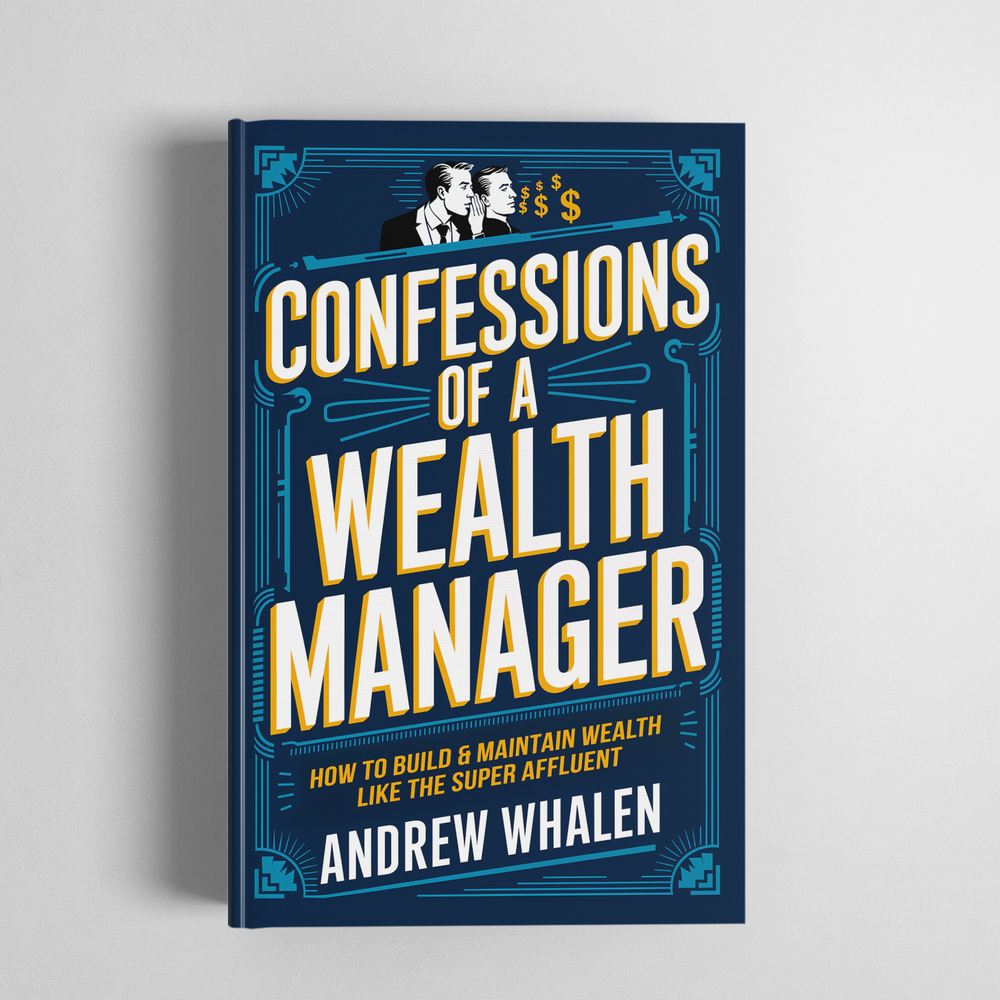
Breaking the Cycle: Educating the Next Generation of Wealth Stewards
"Shirtsleeves to shirtsleeves in three generations."
It’s a phrase echoed across cultures, underscoring a sobering truth: wealth is often built by the first generation, maintained by the second, and lost by the third.
But this cycle isn’t inevitable.
At Whalen Financial, we believe the difference lies in something more enduring than financial capital—financial education and mentorship.
The Hidden Risk in Generational Wealth Transfers
- 70% of affluent families lose their wealth by the second generation
- 90% lose it by the third
These losses aren’t just due to poor investment decisions. More often, they stem from a lack of preparation and education for future heirs.
We’re taught algebra and literature in school—but few of us receive formal education in managing wealth or the responsibilities that accompany it.
Laying the Foundation: Early Financial Education
Wealth stewardship begins long before inheritance enters the picture. Like walking before running, heirs must grasp basic financial principles before facing complex decisions.
Ages 5–12: Planting the Seeds
- Teach work and reward, saving habits, and delayed gratification
- Use allowances or task-based rewards to reinforce lessons
Ages 13–17: Building Financial Fluency
- Introduce banking, credit, budgeting, and compound interest
- Allow teens to manage spending and saving accounts
Ages 18–25: Engaging with Responsibility
- Discuss taxes, risk, investment strategies, and estate basics
- Encourage supervised financial decision-making
Beyond Education: Creating Mentorship Ecosystems
While technical knowledge is essential, mentorship provides the context to apply it wisely. Intentional programs help pass down both financial skillsets and family values.
Pillars of Effective Mentorship
- Knowledge Transfer: Investing, risk, taxes, estate planning
- Values Alignment: Understanding the "why" behind wealth
- Real-World Experience: Supervised projects or giving initiatives
- Soft Skills: Leadership, communication, decision-making
Practical Learning Opportunities That Work
- Junior investment committees simulate decision-making
- Philanthropy programs teach impact and evaluation
- Business apprenticeships build real-world management skills
The Role of Advisors in Heir Education
Professional advisors serve as objective facilitators, helping families structure learning programs, navigate dynamics, and maintain alignment with long-term goals.
Disclosure: This content is intended for educational purposes only and does not constitute personalized investment, legal, or tax advice. Please consult your advisor to determine what strategies may be appropriate for your situation.
Modern Tools for a Modern Legacy
- Investment simulators offer safe environments to learn risk
- Case studies bring real-world financial decisions to life
- Digital learning supports remote and multi-generational access
Still, the most effective programs blend technology with personal mentorship.
What Success Looks Like
- Practical knowledge demonstrated through real-world application
- Sound decision-making under risk and uncertainty
- Leadership in family governance and values alignment
Looking Ahead: Stewardship in a Changing World
Heirs today face new complexities: ESG investing, digital assets, and global market volatility. They must not only preserve wealth—but deploy it responsibly in a world that is constantly evolving.
Legacy Is More Than a Balance Sheet
Education and mentorship build a foundation for lasting stewardship. By investing in the next generation today, families preserve not only their capital—but also their values, unity, and legacy.
The “shirtsleeves to shirtsleeves” cycle is not a foregone conclusion. With thoughtful preparation and support, each generation can build on the success of the last—creating stronger, more resilient families for the future.

